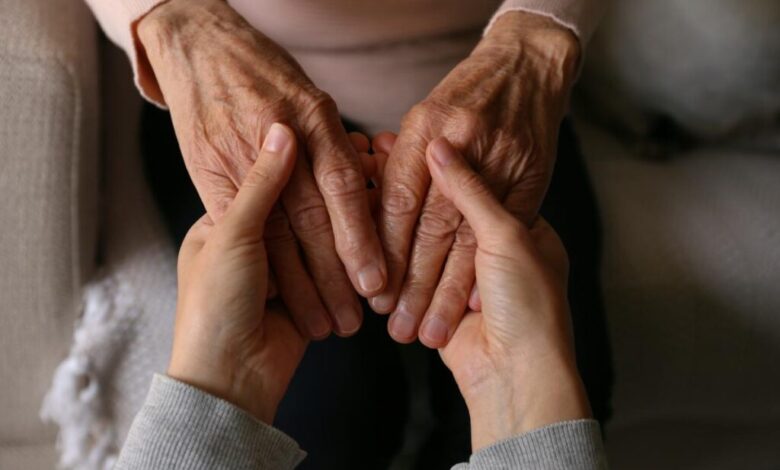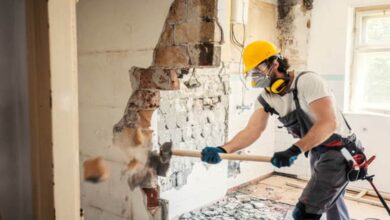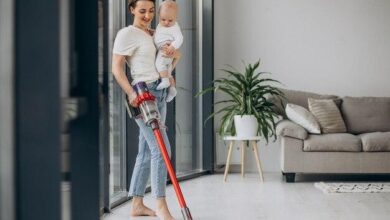The Benefits of Assisted Living: Empowering Independence in Aging Adults

Is your aging loved one experiencing health problems or signs of decline? Taking care of an elderly family member can be stressful and physically challenging.
Assisted living gives seniors help with the Activities of Daily Living (ADLs) and Instrumental Activities of Daily Living (IADLs). Community amenities like scheduled transportation, guest lecturers, and social activities keep them engaged and boost their self-esteem.
Improved Health
Maintaining good health and fitness in aging adults is a top priority. However, a person can feel isolated at home because they are too frail to walk around the block or may have trouble getting transportation for a yoga class.
Assisted living, St. Augustine, FL provides compassionate care for seniors who need assistance with daily tasks and a lifestyle filled with social engagement opportunities that enhance physical wellness. The result is a better quality of life for seniors who move into the community, and it relieves pressure on family caregivers who may experience burnout. This is especially important because unpaid caregivers are at higher risk of their own physical and mental health problems.
Social Interaction
Even if your older adult prefers to stay home, the right assisted living can provide a community that reduces loneliness and isolation. Being among peers in the same stage of life also helps maintain mental health and provides a sense of purpose.
Social interaction also stimulates the brain, promoting cognitive function and reducing the risk of degenerative diseases like Alzheimer’s or dementia. In addition, intellectual stimulation can improve a senior’s mood and confidence.
Visit a facility at different times, such as during activities and meals, to get a feel for how well your loved one is being cared for by staff. Look for signs of a thriving, supportive community that fosters social interaction, such as engaging activities and opportunities to connect with others.
Help with Activities of Daily Living (ADLs)
Moving into assisted living is a significant change. Sorting through a lifetime of possessions, packing and selling, and unpacking can be stressful enough for anyone. Still, it’s even more difficult for seniors with cognitive or physical challenges.
You won’t have to worry about errands like grocery shopping or home maintenance in assisted living. You’ll also have access to meals and other daily activities.
Assisted living communities often help with the six activities of daily living: bathing/showering, dressing, eating, toileting, and transferring/mobility. Seniors’ independence from these activities can be affected by various conditions, including musculoskeletal problems and social isolation.
Studies show that interventions aimed at improving independence in older people can significantly improve their quality of life. This can include everything from exercise training to a multicomponent intervention that includes cognitive and physical interventions.
Medication Management
Managing medication can be complicated, mainly when a person takes multiple medications regularly. In assisted living, staff are trained to help residents manage their prescriptions. This helps reduce the risk of errors such as taking the wrong dose, forgetting medication, or overdoing it.
Many communities also make safety a priority by reducing the risk of falls. They provide safe hallways with hand railings, secure entrances, and emergency alert systems. They also provide bathroom features such as raised toilets and grab bars to reduce the likelihood of injury.
Assisted living is an excellent option for people who need help with activities of daily living but do not need around-the-clock medical care like nursing home care. To fund this type of care, a person may consider long-term care insurance, cashing out a life insurance policy, or using veterans benefits.
Safety
In assisted living, residents enjoy a safe and secure lifestyle. A reputable facility will have a security team, emergency response systems, and onsite medical professionals to ensure the safety of all residents. This can ease the stress of family members whose loved ones live at home and worry about aggression or violence, a lack of mobility, dementia-related wandering, or other safety issues.




